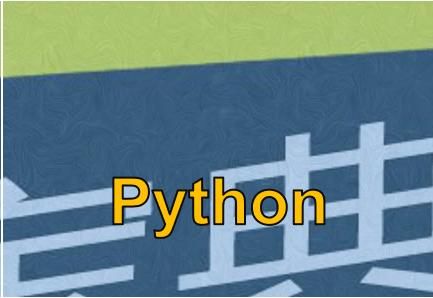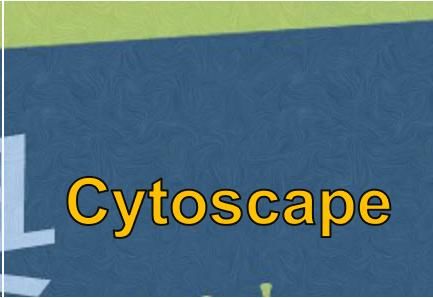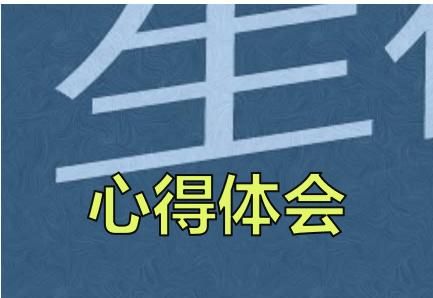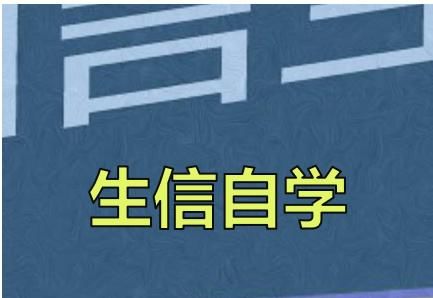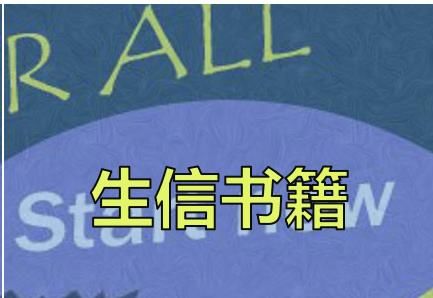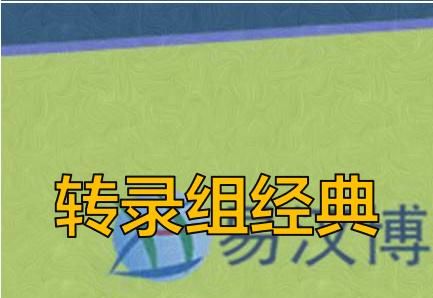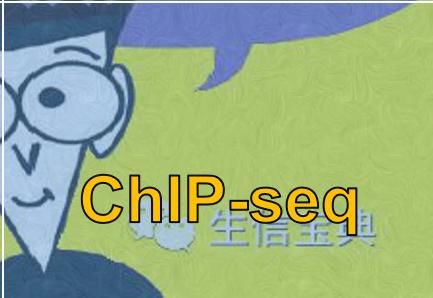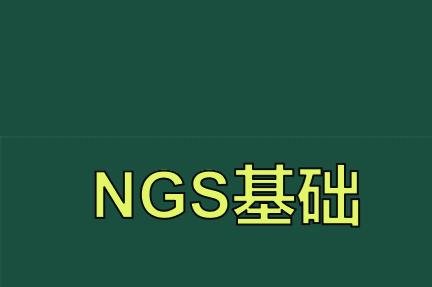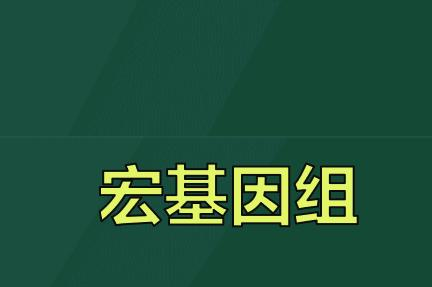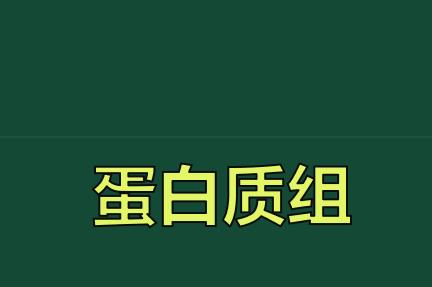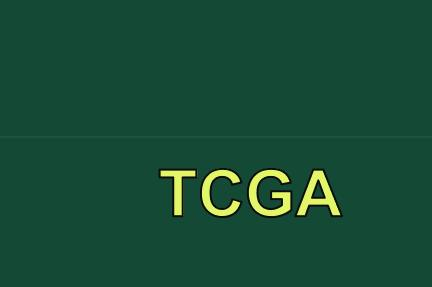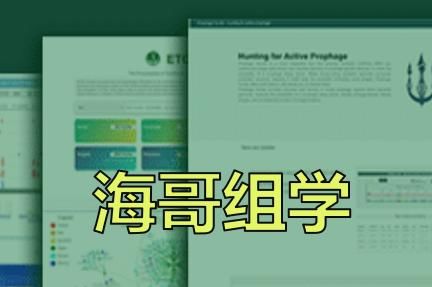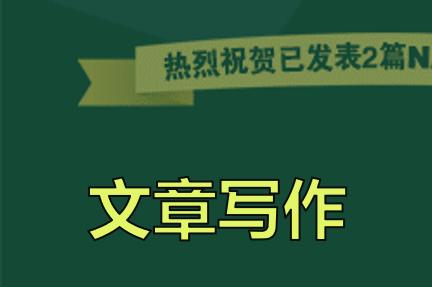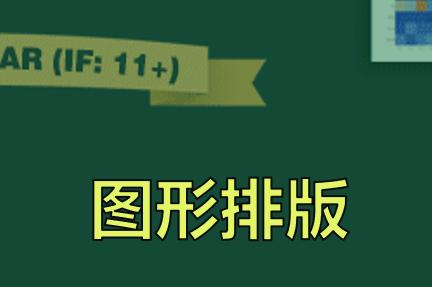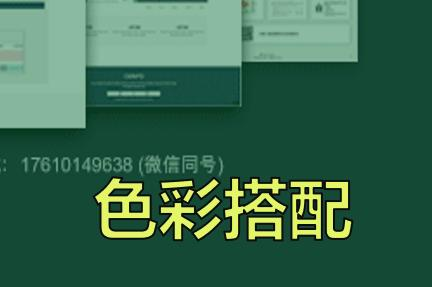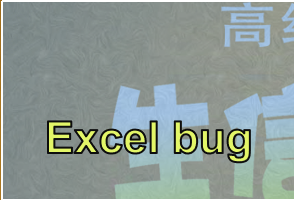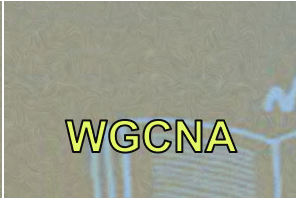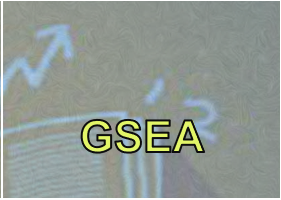Science:“每周工作进展汇报”在博士培养中的作用
编译自《Science》2021年12月3日。阅读原文请点击文后的“阅读原文”
在读研究生的最初几个月,我每周都要为一件事情苦恼:坐在电脑前,给导师写一份每周工作进展汇报。很多时候,我不知道该写什么,我认为没有足够多的工作可以汇报。我的压力因此飙升!为了有东西可以汇报,我就开始做实验。但是,在我博士快要毕业的时候,我意识到“每周工作进展汇报”并不一定要包含大量的数据;相反,我们可以利用汇报的机会来梳理和完善(研究)思路,并从导师那里获得反馈意见。我很高兴我的导师要求我们每周汇报工作。
我从我的祖国印度尼西亚来到日本,并逐渐习惯了日本的研究和培训范式。在我攻读硕士学位的时候,我的研究结构比较单一,我也只在有疑问的时候才去找我的导师。但是,这带来了一系列的问题——例如,当我快要毕业的时候,我还没有完成我原来想做的所有工作。尽管如此,我也觉得很正常。
但在日本,我惊讶地得知我应该每周汇报我的工作进展。他们没有告诉我要汇报哪些内容;因此,在我思考研究方向和设计实验的那一段时间,我会写下我的一些新想法或实验计划。但是,当我看到实验室同伴的进展报告时,我很快就感到了压力,决定汇报一些更实质性的东西,这促使我以更快的速度投入实验工作。
我开始每周做实验,通常在我每周发送工作邮件之前的 2 -3天内将它们整理在一起。虽然(有些)实验结果还可以,但是我感觉仅仅是因为自己幸运,而且感觉自己很草率。在一次组会上,我的导师责骂一名实验室同事,因为他糟糕的实验设计,导致时间、精力和金钱的浪费。听了之后,我觉得我自己做的大部分工作也是如此(浪费时间、精力和金钱)!看来有些事情需要改变了。
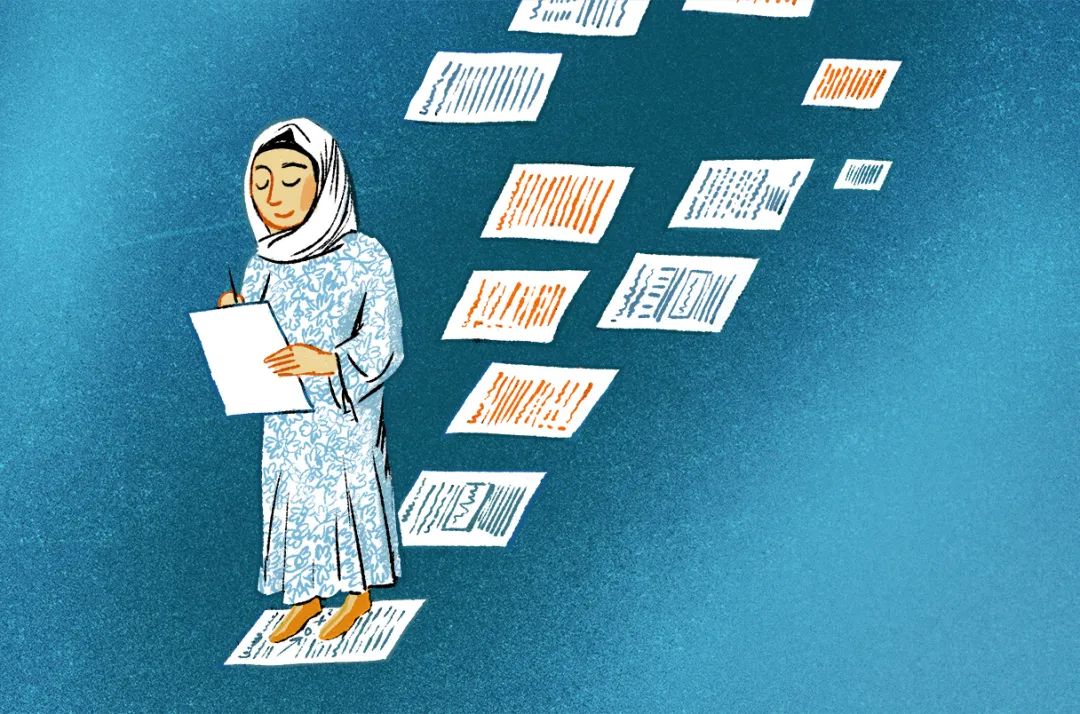
https://www.science.org/content/article/my-ph-d-advisers-expected-weekly-progress-reports-i-m-glad-they-did
我意识到在研究项目设计期间的工作汇报可以成为一个样板:一个可以作为基础并进一步发展的样板。当时,我并没有在(给导师的)邮件中介绍细节,因为我觉得那些(实验)想法和计划不是什么重大成就。但是在经过一次又一次的实验失败之后,我发现(在开始实验之前)制定详细的计划十分重要。
虽然我不知道导师会对我的实验设计做出什么样的反应,但是我觉得值得试一下。在接下来的几周里,我阅读了文献并思考了我的项目目标。当我把读过的文献以及我的想法通过邮件发给导师的时候,我很紧张,因为我没有提供具体的数据。但是令我欣慰的是,我的导师并没有反对。有一次,我发送了一份工作汇报邮件,列出了一个通过阅读文献而设计的实验方法,我的一位导师(收到邮件后立即)联系了另一位具有相关专业知识的教授寻求建议。该教授的建议比我自己查阅文献的结果更有理有据,使我们更快地决定是否使用该方法。
对实验结果的扩展性思维不仅让我感觉更有效率,并且使我更深入考虑相关的主题。因此,我的研究变得越来越有效率,实验中遇到的死胡同也越来越少了。我还意识到,在每周汇报中写出详细的想法和计划也为我自己深入了解这些结果提供了宝贵的机会,而且有助于我更自信地接近我的导师,并与他们进行更有成效的讨论。
随着时间的推移,我开始将“每周工作进展汇报”视为一种工具,而不是一种负担。我将汇报视为一种逐步架构我的研究故事的工具,并在此过程中激发导师提供建设性的反馈意见。
在我离开博士实验室的那天,我做了一件我进入这个实验室最初半年从未想过的一些事情:我感谢我的教授们每周要求汇报工作的传统,这些工作汇报就像一颗颗小石子,逐步堆积建成了一个楼梯,帮助我获得了博士学位。
英文原文
My Ph.D. advisers expected weeklyprogress reports. I’m glad they did
During my early months of graduateschool, I struggled with a weekly task: sitting down at my computer and writingan update for my advisers. More often than not, I felt stuck. I didn’t knowwhat to write because I didn’t think I had done enough work worth sharing. Mystress level skyrocketed, and I started to do experiments just for the sake ofhaving something to report. It was the perfect recipe for making no progress.But by the end of my program, I realized the weekly updates didn’t need to bepacked with data and accomplishments. Instead, they could serve as a tool torefine my thinking and get the feedback I needed. I was glad my advisersrequired them.
I had moved to Japan from my homecountry of Indonesia, where I was accustomed to a different research andtraining culture. When I pursued my master’s degree there, my research was muchless structured and I only went to my adviser when I had questions or problems.That presented its own set of issues—for example, when my graduation deadlinecrept up on me, I hadn’t yet completed everything I wanted to. Still, it waswhat I was used to.
In Japan, I was surprised to learn thatI was expected to update my advisers on a weekly basis. They didn’t tell mewhat details to report. So, while I was coming up with my research questionsand study design, I wrote brief updates about any new ideas or experimentalplans I had in mind. But seeing the progress my lab mates were reporting, Isoon felt pressure to communicate something more substantive. That spurred meto dive into experimental work faster than I should have.
I started to do experiments each week,usually frantically putting them together during the 2 or 3 days leading up tomy weekly email. The experiments worked, but I had a nagging feeling I wasgetting lucky and that eventually I’d be discovered for being sloppy. Duringone group meeting, my adviser scolded a lab member for wasting time, energy,and money on a poorly designed experiment. The same could be said for much ofmy work up to that point, I knew. Something needed to change.
I realized my earliest reports, duringthe time I’d spent planning my project, could be a model—one that I could buildand expand on. I hadn’t gone into much detail in those emails because ideas andplans didn’t strike me as significant accomplishments. But after stumblingthrough experiment after experiment, I came to see that there was real value inlaying out detailed plans.
I wasn’t sure how my advisers wouldrespond if I reverted to the experimental design stage, but I decided it wasworth a try. I spent the weeks that followed reading papers and thinking aboutthe big picture goals of my project. I was nervous when I wrote my first emailupdate listing all the papers I’d read and ideas I’d explored—but lackingconcrete data. To my relief, my advisers didn’t object. After one report, whichfocused on papers I’d combed to figure out the right method for oneexperimental step, one of my advisers reached out to another professor who hadrelevant expertise to ask for advice. That helped me make a final decision onmy method more quickly than I would have on my own.
Expanding my idea of progress helped mefeel more productive and gave me the intellectual space to explore topics moredeeply. My research became more efficient and I ran into fewer dead ends. Ialso realized that writing out detailed ideas and plans in the weekly updatesprovided a valuable opportunity to articulate them for myself, which helped meapproach my advisers more confidently and engage in more productivediscussions.
Over time, I began to see the updatesnot as a burden, but as the tool they are intended to be—to gradually build thechapters of my research story, and to spur constructive feedback from mentorsalong the way.
On my last day in my Ph.D. lab, I didsomething I never could have foreseen during the first 6 months: I thanked myprofessors for the lab tradition of weekly progress reports. It helped mecollect the small stones I ultimately used to construct the stairs to my Ph.D.
往期精品(点击图片直达文字对应教程)
后台回复“生信宝典福利第一波”或点击阅读原文获取教程合集




